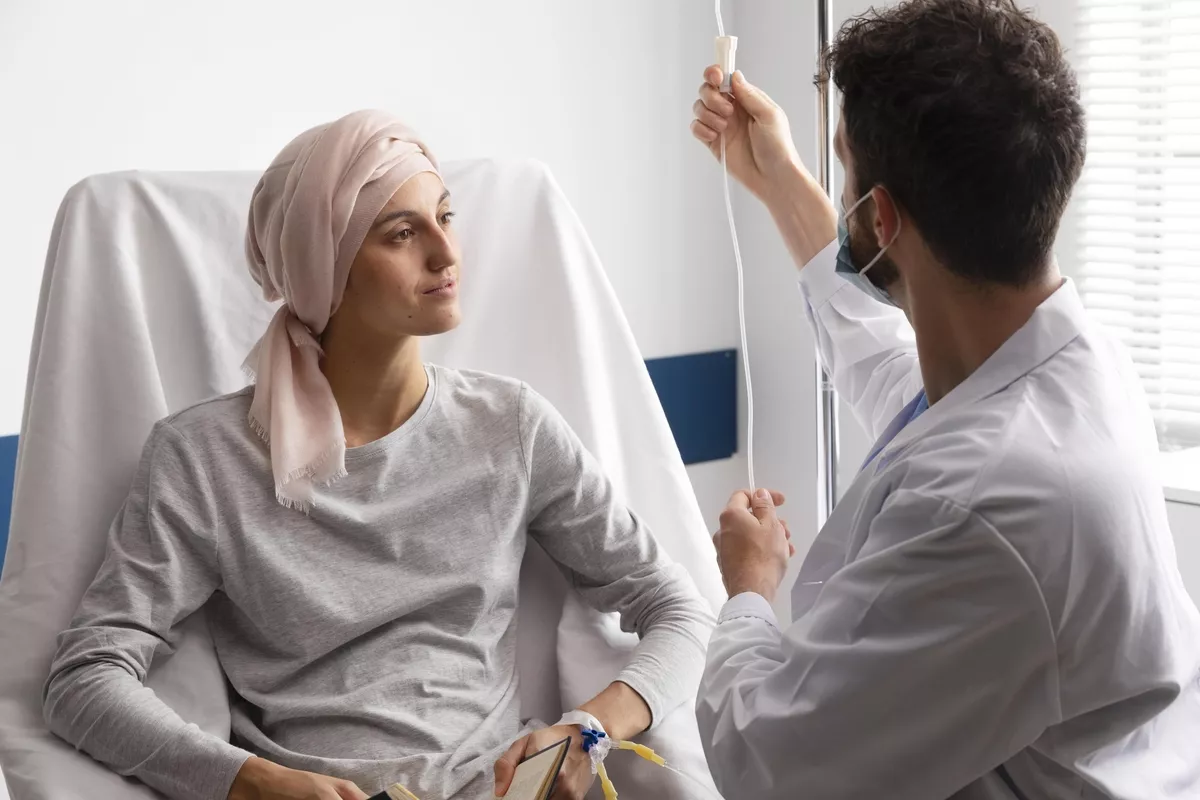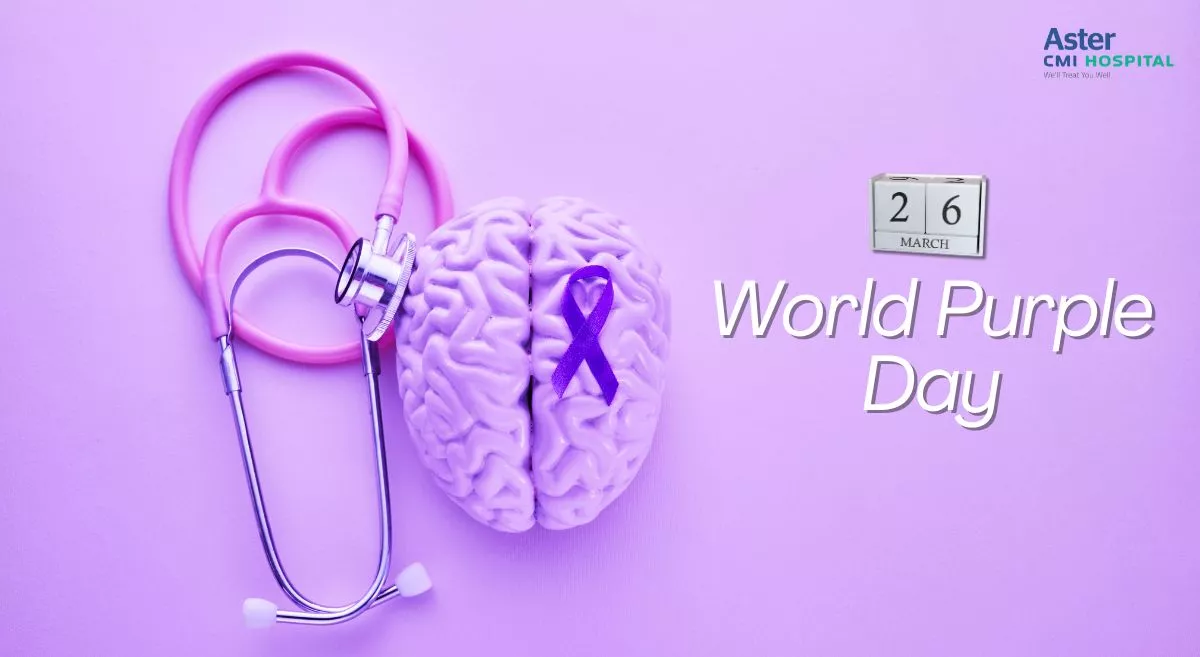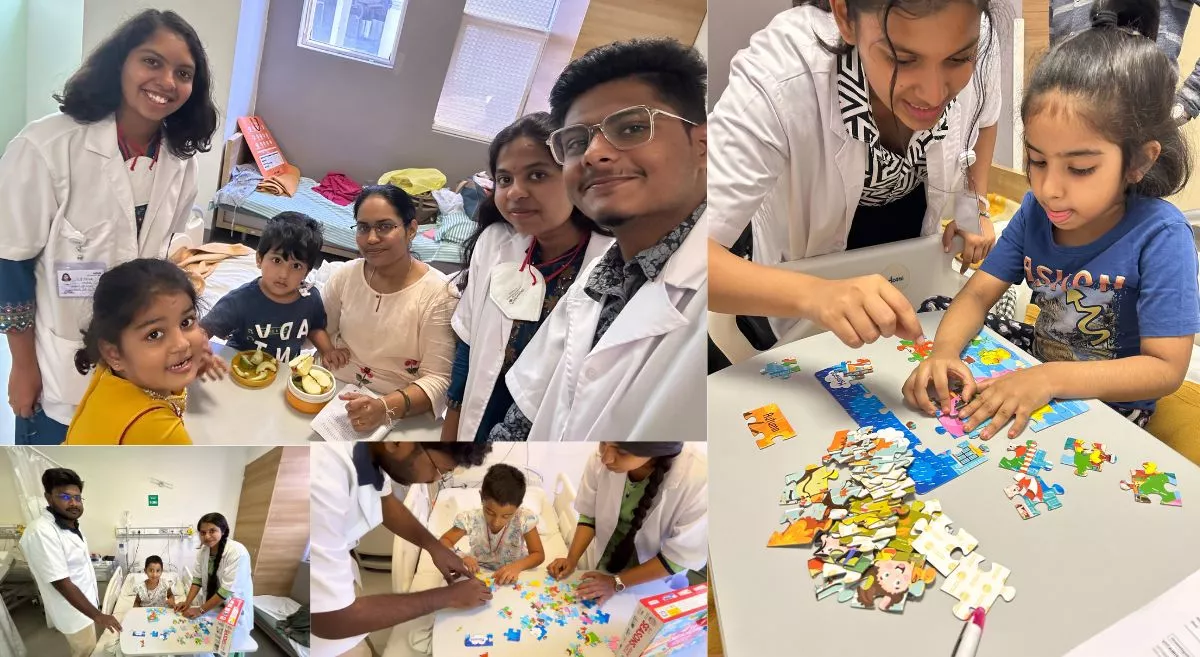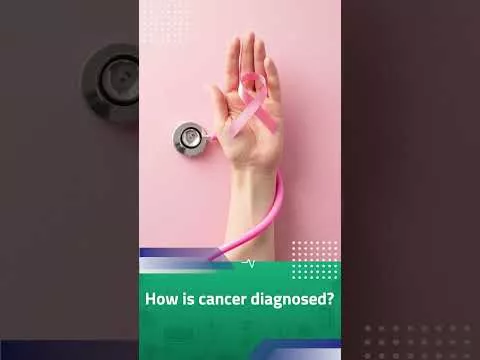Cancer treatment is a battle fought with immense courage and unwavering hope. While these powerful therapies target the disease, they can leave collateral damage in the form of side effects that disrupt your daily life. This guide equips you with the knowledge and tools to tackle these side effects effectively, enabling you to maintain a sense of well-being throughout your treatment journey.
Understanding the Enemy: Common Side Effects
• Fatigue: Conquering fatigue requires a multi-pronged approach. Prioritize a consistent sleep schedule, incorporate short naps when needed, and create a relaxing bedtime environment. Nourish your body with a balanced diet rich in fruits, vegetables, and lean proteins to fuel your energy reserves. Don't underestimate the power of gentle exercises like walking or yoga to boost circulation and combat fatigue.
• Nausea and Vomiting: These unpleasant companions can be effectively managed with a combination of strategies. Your doctor can prescribe anti-nausea medications to take the edge off. Frequent, smaller meals can keep your stomach settled, and opting for bland foods like toast or crackers can further reduce nausea. Spicy or greasy foods are best avoided during this time.
• Hair Loss: Hair loss can be emotionally challenging. Wigs, scarves, and hats can offer a sense of normalcy and restore your confidence. Explore different styles and colors to find what makes you feel your best. Alternatively, embracing your baldness as a symbol of strength and resilience can be incredibly empowering.
• Skin Changes: Combat dry and sensitive skin with a regular fragrance-free moisturizing routine. Remember, sun protection is paramount. Use broad-spectrum sunscreen and wear protective clothing to shield your skin from harmful UV rays. If you experience significant skin reactions, consult your doctor for tailored treatment options or adjustments to your treatment regimen.
• Pain Management: Living comfortably is essential. Open communication with your healthcare team is key to ensuring effective pain management. Follow their guidance regarding prescribed pain medications, and don't hesitate to discuss any concerns. Consider exploring complementary therapies like acupuncture or massage for additional relief and relaxation.
Beyond the Physical: Addressing Emotional and Psychological Side Effects
• Anxiety and Depression: Your emotional well-being is just as important as your physical health. Don't hesitate to seek support from loved ones or support groups. Consider professional counseling or therapy – a therapist can equip you with coping mechanisms to manage your emotions effectively. Techniques like deep breathing, meditation, and mindfulness can also significantly reduce stress and anxiety.
• Body Image Concerns: Changes in appearance are normal and can impact self-esteem. Connecting with others who have undergone similar experiences can foster a sense of community and understanding. Focus on self-acceptance by highlighting your inner strength and the aspects of yourself that remain unchanged. If body image issues become overwhelming, a mental health professional can provide invaluable guidance and support.
• Fear of Recurrence: The fear of cancer returning is a common concern. Regular follow-up appointments and screenings are crucial for staying vigilant and ensuring early detection of any potential issues. Mindfulness practices that focus on the present moment can alleviate anxiety about the future. Openly discuss your fears with a counselor or trusted loved one to find solace and support.
Practical Tips for Everyday Wellness
• Nutrition and Hydration: Staying well-hydrated is vital for overall health and can help alleviate side effects. Opt for small, frequent meals to maintain energy levels and manage nausea. Bland, easily digestible foods are your allies during this time. A registered dietitian can create a personalized plan to ensure you receive the essential nutrients your body needs while managing side effects.
• Oral Health: Regular dental check-ups are vital for monitoring and addressing any treatment-related oral health issues. Use a soft-bristled toothbrush to prevent irritation and maintain good oral hygiene. Avoid harsh, alcohol-based mouthwashes that can dry out your mouth. If you experience vomiting, rinse your mouth with water or a mild rinse to protect your teeth and gums.
When to Seek Medical Help
Contact your doctor promptly if:
• Side effects worsen or become unmanageable.
• You experience severe symptoms like intense pain, high fever, or persistent vomiting.
• In emergencies, seek immediate medical attention.
Remember, You Are Not Alone
The road to recovery may have its obstacles, but you won't face them on your own. We're in this together. A strong support system of healthcare providers, loved ones, and friends is within your reach. Together, we can effectively manage the side effects of treatment and help you reclaim your quality of life. Stay positive, take things one day at a time, and focus on your unwavering hope for














